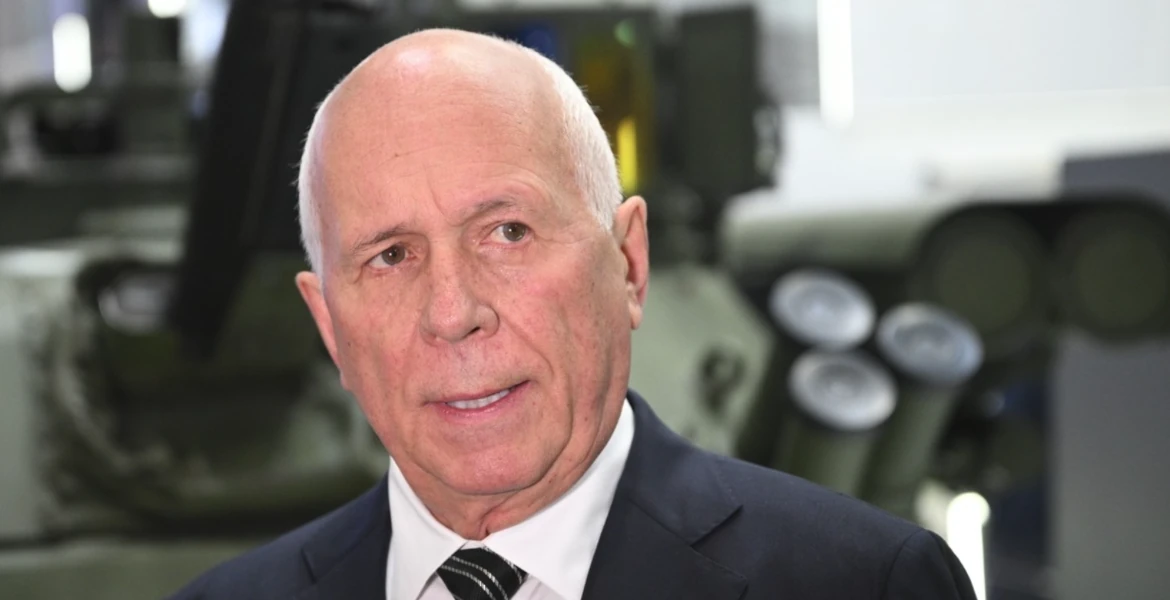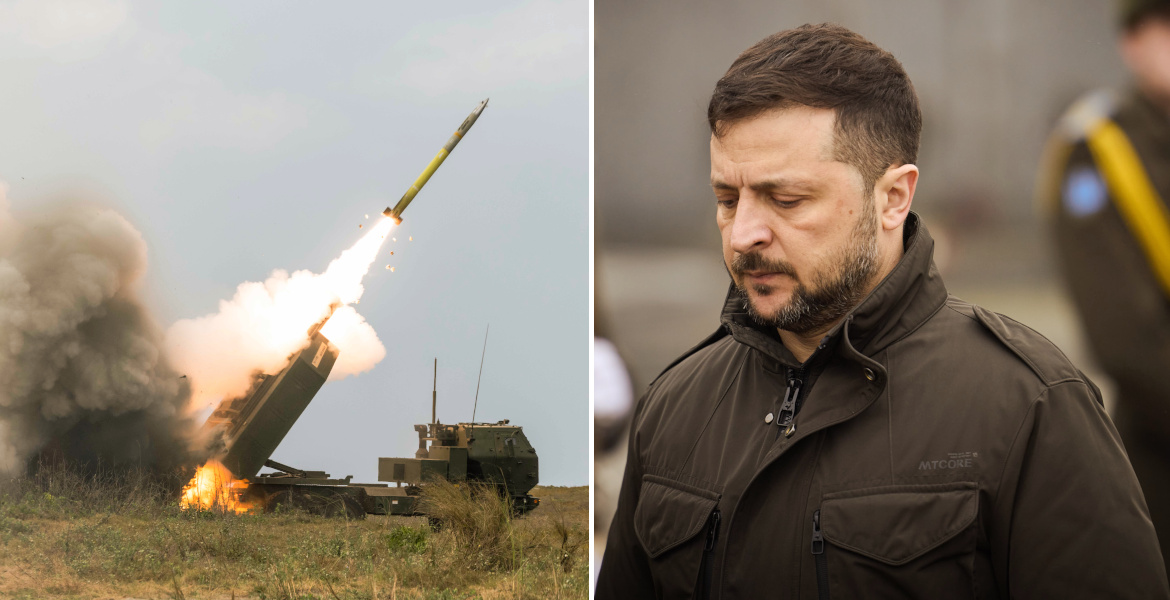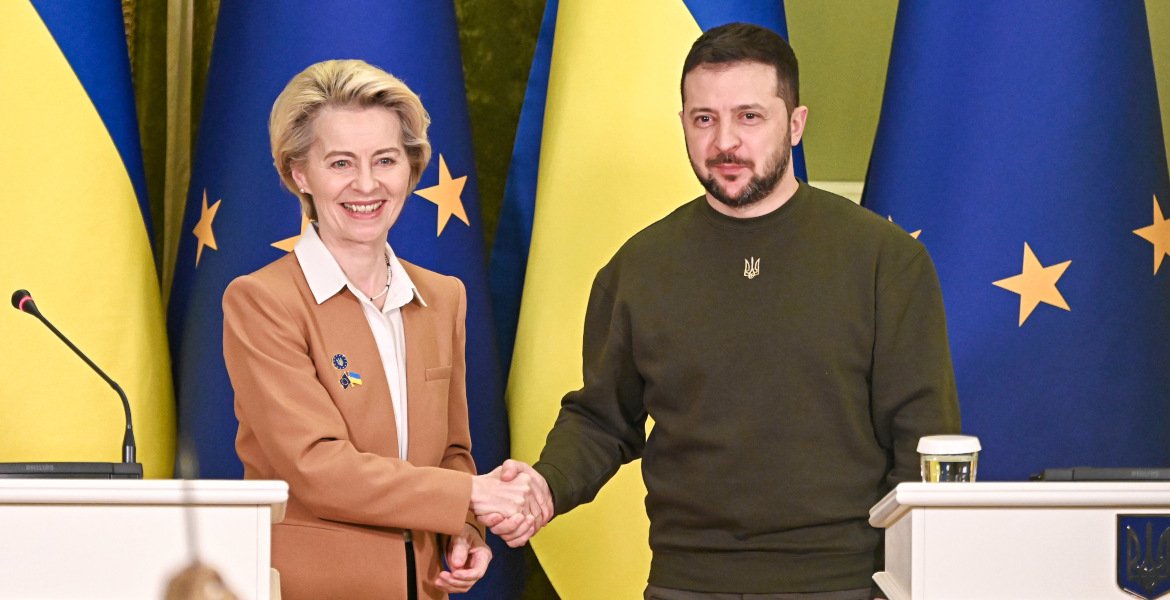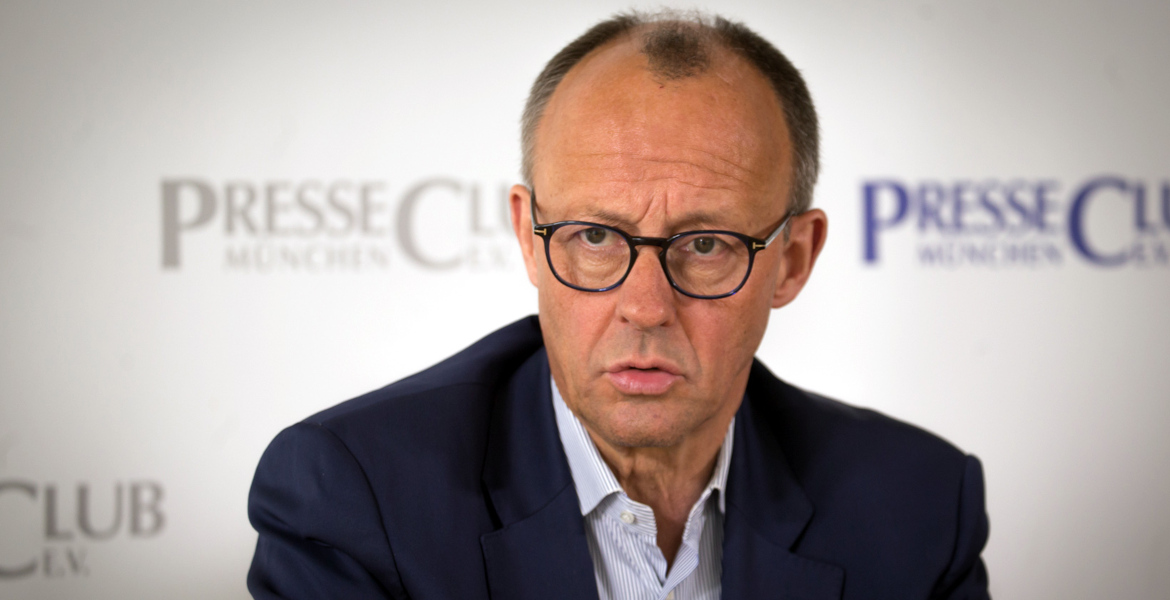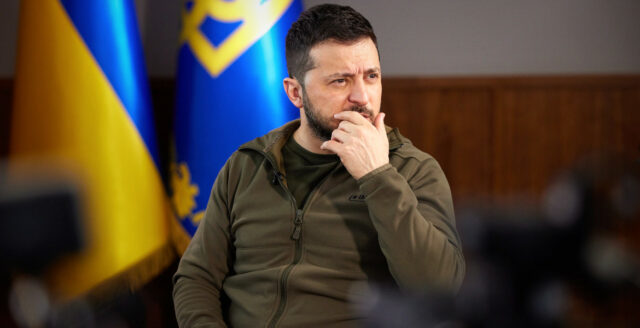Former CIA analyst Peter Schroeder writes in the lobby group Council on Foreign Relations magazine that the US strategy on Ukraine is based on unrealistic expectations and “wishful thinking”.
He argues that it is highly unlikely that Putin will give up, and instead advocates a longer-term strategy and waiting for Putin to resign, be forced out - or die.
The influential US think tank Council on Foreign Relations has over the years hosted many of America's most influential politicians and other power brokers, and has been described as a de facto permanent government-like institution in the US. In its publication Foreign Affairs, it declares that Putin “will never give up on Ukraine” and that it is a “hopeless task” to even attempt such a scenario.
– There is only one viable option for ending the war in Ukraine on terms acceptable to the West and Kyiv: waiting Putin out. Under this approach, the United States would hold the line in Ukraine and maintain sanctions against Russia while minimizing the level of fighting and amount of resources expended until Putin dies or otherwise leaves office. Only then will there be a chance for a lasting peace in Ukraine, writes former CIA analyst Peter Schroeder in his analysis.
Schroeder argues that Putin has the power to stop the war whenever he wants without threatening his position - but that this is unlikely to happen.
“An anti-Russian Ukraine”
"Rather than an opportunistic war of aggression, the assault on Ukraine is better understood as an unjust preventive war launched to stop what Putin saw as a future security threat to Russia. In Putin’s view, Ukraine was turning into an anti-Russian state that, if not stopped, could be used by the West to undermine Russia’s domestic cohesion and host NATO forces that would threaten Russia itself", he writes.
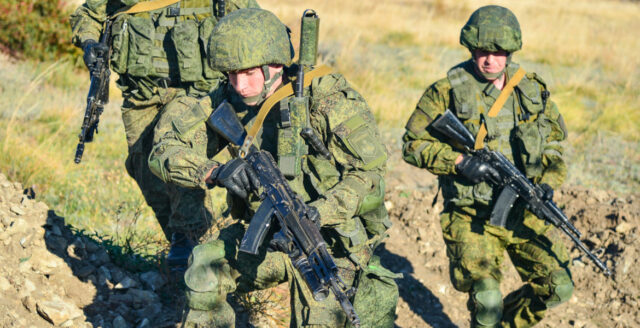
"That the war is so out of character with Putin’s normal risk calculus suggests that he made a strategic decision about Ukraine from which he is unwilling to back away. His decision to send the bulk of Russia’s army into Ukraine in 2022, and then mobilize more forces when his initial attack failed, demonstrates that he considers the war too important to fail", he continues.
Schroeder argues that while the Russian costs of the war have been high, it is likely that Putin believes that inaction would have cost much more and risked leading to the emergence of a Western-allied Ukraine, which could serve as a springboard for a “color revolution” against Russia - replacing the country's government with a more Western-oriented puppet government through coup-like means.
“Playing the long game”
For this reason, it also judges that "Western pressure is unlikely to come anywhere close to coercing him into changing his mind and ending the war on terms acceptable to Kyiv and Washington".
"If Putin is unwilling to halt his assault on Ukraine, then the war can end in only one of two ways: either because Russia has lost the ability to continue its campaign or because Putin is no longer in power", he concludes.
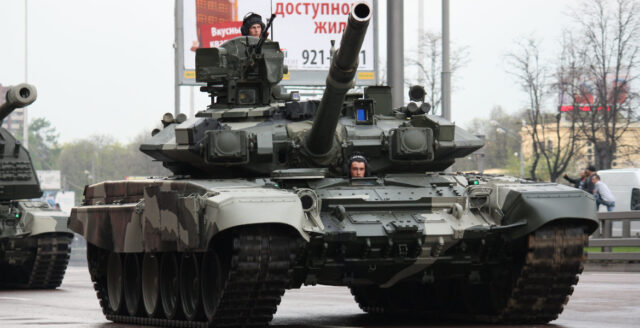
"Given those risks, the best approach for Washington is to play the long game and wait for Putin to leave. It’s possible he may step down voluntarily or be pushed out; what is certain is that, at some point, he will die. Only once he is no longer in power can the real work of permanently resolving the war in Ukraine start", it further declares.
“Economize on resources”
Until then, Washington should focus on trying to help Ukraine “hold the line” and prevent further Russian military advances, he says. It should also continue to impose economic and diplomatic sanctions on Moscow - but not expect them to have much effect.
"the main purpose of such pressure is to send the right message to U.S. allies and hold a point of leverage in reserve for a post-Putin Russia, all while avoiding domestic criticism. At the same time, Washington should husband its resources, expending them as efficiently as possible and convincing Kyiv to avoid large, wasteful offensives. Even Kyiv’s successful offensives to date—including the surprise attack into Russia’s Kursk region last month—have had little effect on the overall course of the conflict. It remains a war of attrition with no sign of a coming breakthrough for Ukraine".
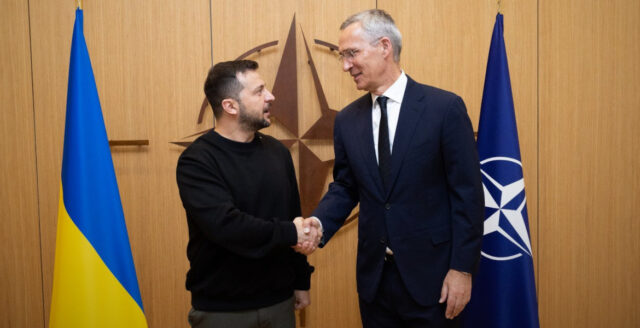
Schroeder argues that the US strategy for the war in Ukraine has been “characterized by wishful thinking” and unrealistic scenarios from the start.
"If only Washington can impose enough costs on Putin, it can convince him to halt the war in Ukraine. If only it can send enough weapons to Ukraine, Kyiv can push Russian forces out. After two and a half years, it should be clear that neither outcome is in the offing. The best approach is to play for time—holding the line in Ukraine, minimizing the costs for the United States, and preparing for the day Putin eventually leaves. This is an admittedly unsatisfying and politically unpalatable approach. But it is the only realistic option", he concludes.

